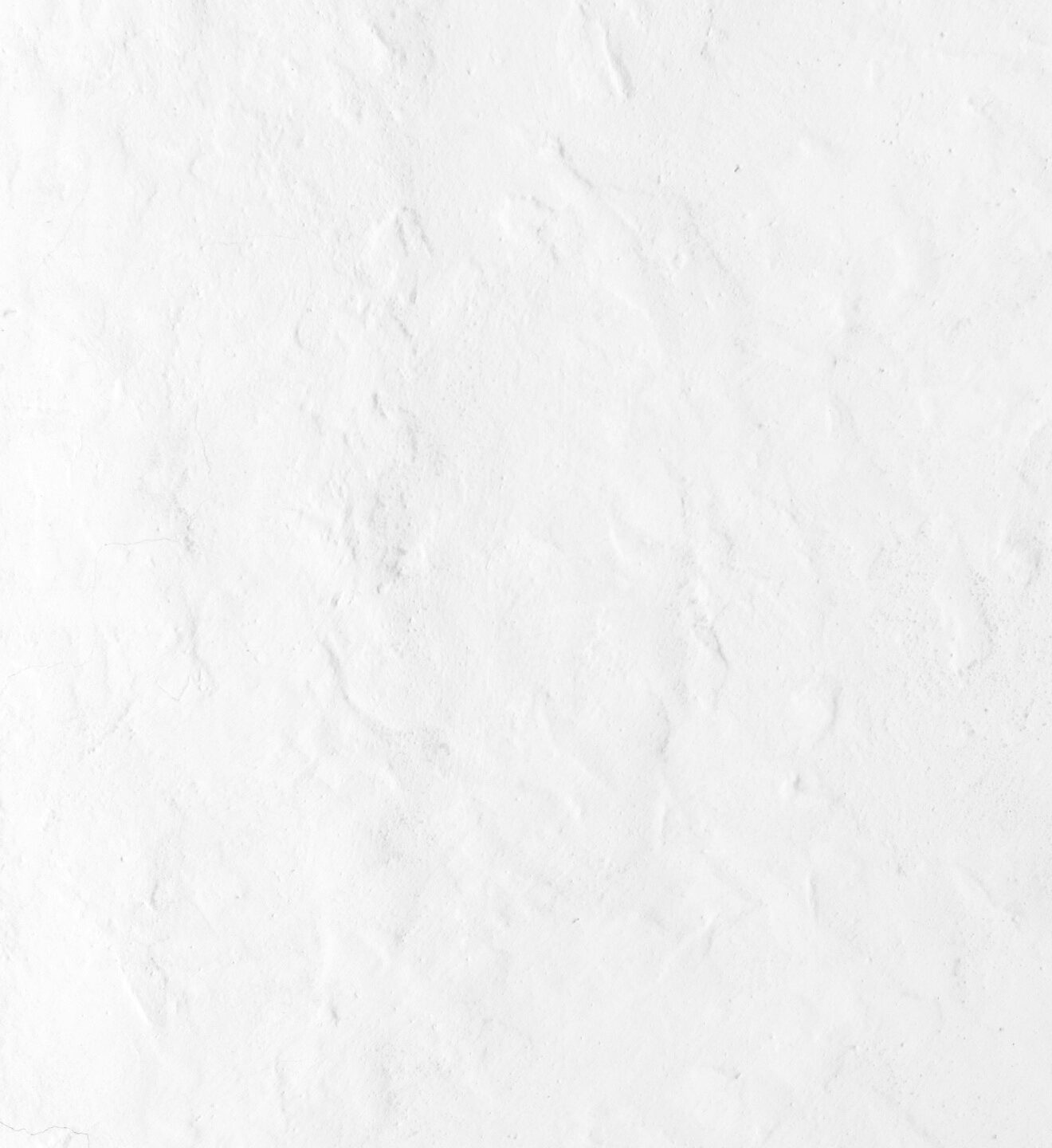1. Introduction
Parts 3-4 of this series developed and defended a reason-responsive consequentialist theory of rational inquiry for bounded agents. The next order of business is to apply this theory to shed light on bounded rationality, the Standard Picture, and the epistemology of inquiry.
2. Bounded rationality revisited
Part 2 of this series developed five characteristic claims made by the bounded approach. We saw that a good theory of bounded rationality should help us to clarify, defend and apply these claims. Vindicatory epistemology was discussed in Part 4, so four claims remain. Let me discuss one by way of illustration.
Theories of bounded rationality claim that rational inquirers often rely on a toolbox of fast-and-frugal heuristics. Three traditional arguments are given for the rationality of heuristic cognition:
First, there is often an accuracy-effort tradeoff: the strategies that produce (in expectation) more accurate judgments tend to be (in expectation) more effortful. Heuristics often perform well on the accuracy-effort tradeoff, returning reasonably accurate judgments at low cost.
Second, agents have limited cognitive abilities, as a result of which they often cannot apply complex nonheuristic methods.
Third, sometimes less is more: in many environments heuristics outperform more complex methods, even ignoring cognitive costs, by avoiding overfitting.
A good theory of bounded rationality should ground all three of these traditional arguments, and the reason-responsive consequentialist view does this handily.
The accuracy-effort tradeoff matters because on a rich axiology, accuracy is a goodmaking feature of outcomes (perhaps intrinsically, and certainly for its consequences) and effort is a badmaking feature (at least because that effort could be expended elsewhere).
Limited abilities matter because ought implies can. On a reason-responsive approach, agents cannot be rationally required to do something unless they ought to do it, so it follows that rational requirements are things agents can do. Agents then cannot be rationally required to use nonheuristic methods when these methods exceed their abilities.
Less is more effects matter because, as we saw above, accuracy is a goodmaking feature of outcomes, and it certainly cannot hurt that less effort is required to get it.
3. The Standard Picture revisited
I said in Part 2 of this series that there are two reactions to Standard Picture violations. On the one hand, we can blame the agent, retaining the Standard Picture as a normative theory and taking the agent to be irrational. On the other hand, we can blame the theory, replacing the Standard Picture with a different normative theory which treats the agent’s thought and action as rational.
I said in Part 2 that bounded rationality would be an exercise in blaming the theory. But that is not quite right. While I did develop a theory of rational inquiry that does not draw on the Standard Picture, I did not argue for any normative claims about rational attitudes, such as the falsity of Standard Picture requirements.
This reaction charts a third way between blaming agents and blaming theories. I blame theorists rather than theories, for focusing too much on substantive facts about the irrationality of attitudes in place of procedural facts about the rationality of the processes that produced them. And I blame attitudes rather than agents, holding that many irrational attitudes could only have been avoided by irrational processes of inquiry, which rational agents will not engage in.
This approach may seem too concessive to the Standard Picture. I argue that the costs of a less concessive approach are quite high.
4. The zetetic turns
The fundamental turn in the study of bounded rationality is the turn from substantive to procedural rationality. One part of the procedural turn is the zetetic turn in epistemology, which moves from the study of doxastic attitudes such as belief and credence towards the study of the theoretical inquiries that produce and modify them.
However, practical attitudes such as preferences, intentions and plans are no less the product of costly and ability-constrained inquiries than our doxastic attitudes are. Completing the procedural turn requires a second zetetic turn within practical philosophy, de-emphasizing normative questions about practical attitudes in favor of renewed attention to normative questions about the processes of practical inquiry that produce them.
Although epistemology finds itself in the midst of a zetetic turn, no comparable turn is underway in the study of practical philosophy. If I am right that the study of human rationality is an episode in the study of bounded rationality, and that the fundamental turn in the study of bounded rationality is the turn from substantive to procedural rationality, then it is time for a second zetetic turn within practical philosophy to begin.
Where might we start? Bounded rationality theorists have had a good deal to say about practical inquiry. Perhaps we might begin there.
Podcast: Play in new window | Download (1.8MB)

